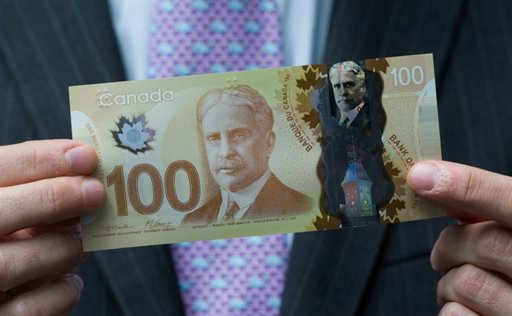Today’s super-rich are different from yesterday’s: more hardworking and meritocratic, but less connected to the nations that granted them opportunity.
If you were watching television on the first Sunday morning in August last summer, you would have seen something curious on NBC. David Gregory, host of Meet the Press, was interviewing a guest who made a forceful case that the U.S. economy had become “very distorted.” In the wake of the recession, this guest explained, high-income individuals, large banks, and major corporations had experienced a “significant recovery”; the rest of the economy, by contrast—including small businesses and “a very significant amount of the labor force”—was stuck and still struggling. He argued that what we were seeing was not a single economy at all, but rather “fundamentally two separate types of economy,” increasingly distinct and divergent.
Continue reading… “The rise of the new super-rich”













